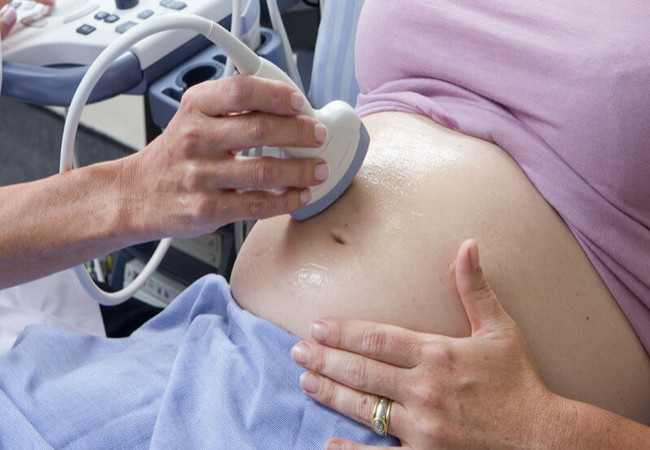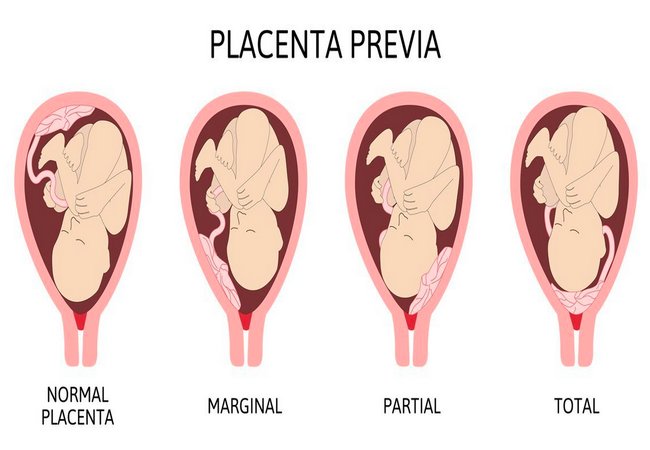Maternity Experience: Social, Cultural, Economic Impacts
What is Maternal or Maternity Experience?
The maternity experience is a term that refers to the process of pregnancy, labour, birth and the first six weeks after birth. The maternity experience is a normal life event. The woman and the midwife work together to ensure an optimal outcome, and when complications arise medical help is accessed. Factors that impact on the maternity experience for a woman and her family (e.g. environmental, socioeconomic and cultural influences) are recognized as integral to the provision of quality midwifery care.

Impact of Social, Cultural, Economic Factors on Maternity Experience:
All the impacts of social, cultural, economic factors on the maternity experience have listed in the below:
1. During antenatal period:
- 50% of women do not receive any antenatal care.
- If those who receive antenatal care, avail their first visit after 5 months of pregnancy.
- Maximum family the issue of pregnancy is kept hidden from family members and community.
- No special attention is given to pregnant women regarding diet and rest as pregnancy is
- Considered as natural process.
- Headache, fever and lower abdominal pain are considered as normal events.
2. During intranatal period:
- There is no birth planning and emergency situation arise after the onset of labor pain.
- There is no role of women in decision making; all decisions are made by males.
- All deliveries are attempted at home without prior assessment.
- Unskilled birth attendant conducts the delivery.
- Patients are taken to hospital in late stage after obstetric emergency arise.
- Pregnant women and family members are not aware of universal infection prevention practices.
- The uterus is pushed downwards in each uterine contraction to deliver the fetus early.
- A tight tie is kept above the fundus of the uterus to prevent the fetus rise- up.
- The umbilical cord is cut with unsterile blade or scissor and ashes or cow-dung is put on it.
- Repeated vaginal examination is done during labour.
3. During postnatal period:
- People are not aware that postnatal mothers need extra care including diet and rest.
- Newborn is given pre-lacteal feed, water or milk other than the breast milk.
- Colostrum is not given to newborn. It is discarded.
- Exclusive breast feeding is not practiced for the first five mothers.
More questions related to this article:
- What do you mean by maternity experience?
- Define maternity experience.
- What is the definition of maternity experiences?
- What is maternal experience?
- What is the definition of maternal experience?
- Explain the impact of social, cultural, economic factors on maternity experiences.
- Write down the impact of social, cultural, economic factors on maternity experiences.
- How culture, values, beliefs and economic status of family and community influence on maternal and newborn?
- How culture, values, practice and taboos in Bangladesh influence on maternal and newborn?











